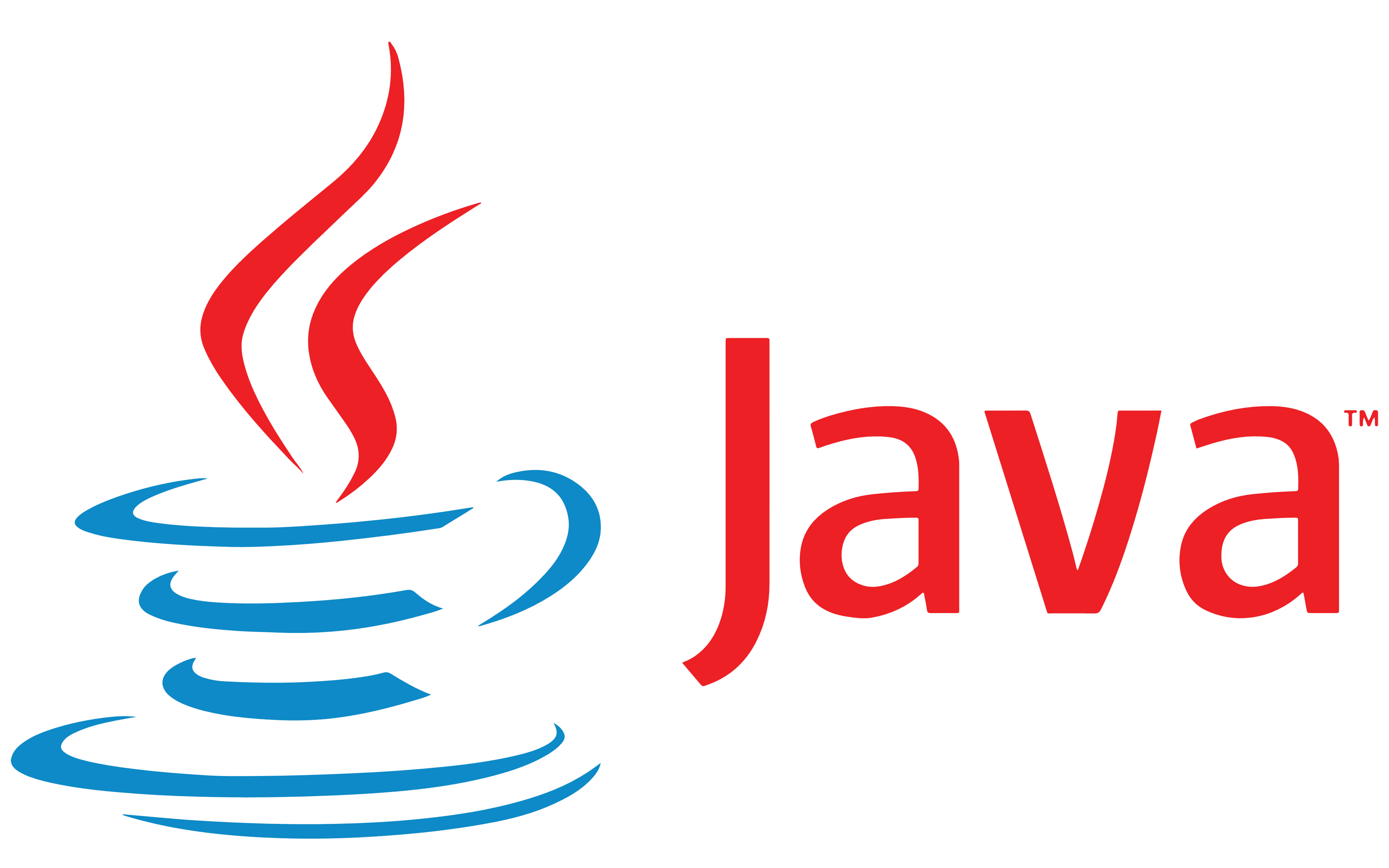In the digital age, email communication is ubiquitous. Whether it's for sending important business messages or connecting with friends and family, email plays a pivotal role in our lives. Consequently, ensuring the validity of email addresses in your Java applications is crucial. This comprehensive guide will take you on a journey through the realm of email validation in Java, covering the best methods, libraries, and expert tips to handle email data effectively.
Understanding the Importance of Email Validation in Java
Email validation is the process of verifying the authenticity and correctness of an email address. It is essential for various reasons:
1. Data Quality Assurance
- Validating email addresses ensures that your application's database is populated with accurate and reliable data.
2. Preventing Errors
- Valid email addresses reduce the chances of encountering errors caused by incorrect or malformed addresses.
3. Security
- Email validation is a critical component of security, preventing unauthorized access or data breaches.
Methods for Email Validation in Java
Java offers various methods to validate email addresses. Let's explore some of the most commonly used techniques:
1. Regular Expressions
- Regular expressions (regex) are powerful tools for email validation. They allow you to define complex patterns that an email address must match.
2. Apache Commons Validator
- The Apache Commons Validator library provides ready-made methods for email validation, making it a convenient choice for Java developers.
3. JavaMail API
- The JavaMail API allows you to send and receive emails and can also be used to validate email addresses.
4. Guava Library
- Google's Guava library includes utilities for preconditions and email validation, simplifying the validation process.
5. Custom Validation
- You can create custom validation logic tailored to your application's specific requirements.
Best Practices for Email Validation in Java
To ensure effective email validation in Java, follow these best practices:
1. Use a Library
- Leverage established libraries like Apache Commons Validator for email validation instead of reinventing the wheel.
2. Regular Expressions
- If you choose to use regular expressions, opt for well-tested and reliable patterns.
3. Error Handling
- Implement robust error handling to deal with validation failures gracefully.
4. Testing
- Thoroughly test your email validation logic with a variety of test cases to ensure accuracy.
5. User Feedback
- Provide clear feedback to users when their input is invalid, guiding them to correct their email addresses.
Commonly Asked Questions About Email Validation in Java
Q1. Why is email validation necessary in Java applications?
- Email validation is essential to ensure data accuracy, prevent errors, and enhance security in Java applications.
Q2. Which library is best for email validation in Java?
- Libraries like Apache Commons Validator and Guava offer robust email validation capabilities.
Q3. Can I use regular expressions for email validation in Java?
- Yes, regular expressions are a common and effective method for email validation in Java.
Q4. Are there any free email validation services for Java applications?
- Some third-party services offer free email validation APIs that can be integrated into Java applications.
In conclusion, mastering email validation in Java is vital for maintaining data integrity, preventing errors, and enhancing security. Whether you choose regular expressions or leverage established libraries, the key is to ensure that your application handles email addresses effectively. Implement best practices, test rigorously, and provide clear user feedback to guarantee seamless email data handling in your Java applications.



